Can Vitamins For Brain Health Really Help?
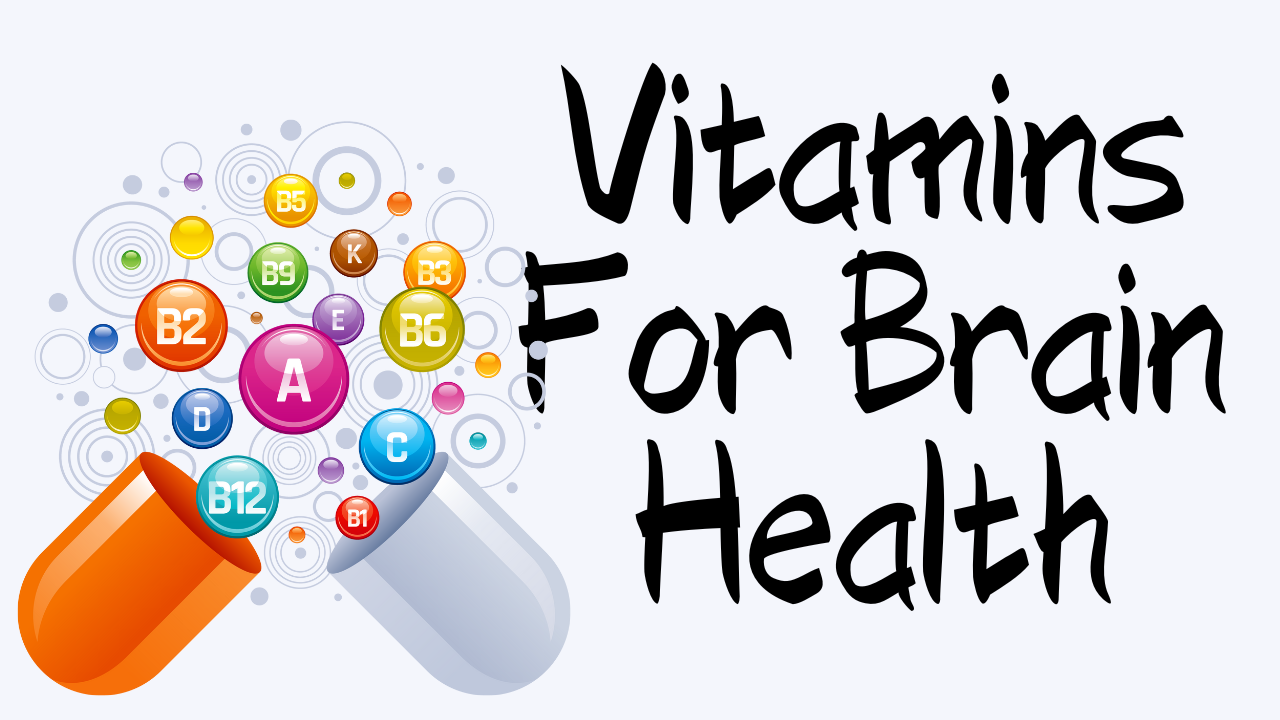
Have you ever wondered how vitamins can impact your brain health?
We explore the importance of brain health and delve into the various types of vitamins that play a crucial role in maintaining cognitive function.
From Vitamin B12 to Vitamin C, we discuss how each vitamin affects brain health and the best sources to include them in your diet.
Learn how vitamins can improve brain function and the most effective ways to consume them for optimal brain health.
Why is Brain Health Important?
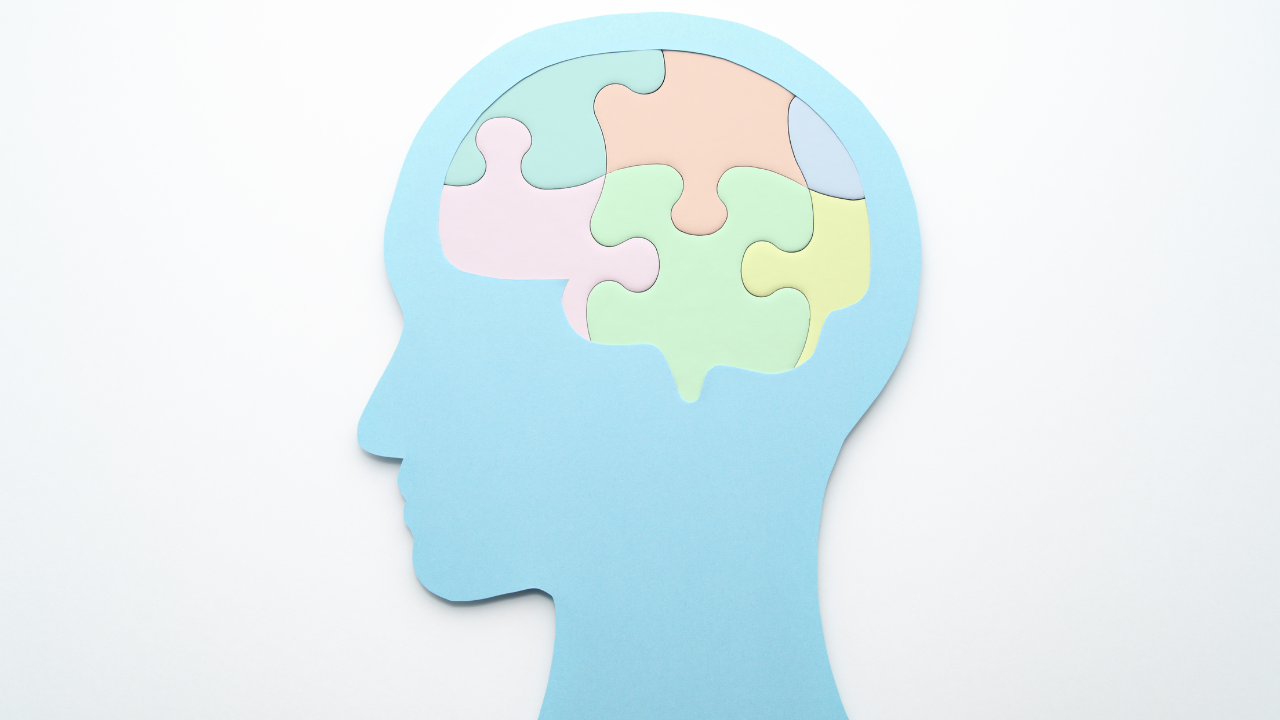
Maintaining optimal brain health is crucial for cognitive function, memory retention, and mental clarity. A healthy brain not only allows one to process information efficiently but also plays a vital role in decision-making and problem-solving abilities. Nutrients such as Omega-3 fatty acids, antioxidants, and vitamins have been linked to improved brain function and may help reduce the risk of cognitive decline. In addition to a balanced diet, certain supplements like Ginkgo Biloba, Bacopa Monnieri, and Phosphatidylserine are known to support memory, focus, and overall brain performance. Taking proactive steps to nourish and protect your brain can lead to enhanced cognitive abilities and sustained mental sharpness throughout life.
What are Vitamins?
Vitamins are essential organic compounds that the body requires in small amounts to maintain various functions and processes. They play a crucial role in supporting overall health by assisting in energy production, immune function, and tissue repair. Without an adequate intake of vitamins, the body may struggle to perform essential processes such as metabolism, blood clotting, and bone maintenance. Each vitamin serves a specific function, from aiding in vision and skin health to promoting normal growth and development. Therefore, incorporating a balanced diet rich in vitamins is essential to ensure optimal health and well-being.
What are the Types of Vitamins?
Vitamins are classified into various types including Vitamin B complex, Vitamin C, Vitamin D, and Vitamin E, each playing a crucial role in brain development, neurotransmitter synthesis, and cognitive enhancement. Vitamin B complex, comprising a group of eight distinct B vitamins, supports cognitive functions by aiding in the production of neurotransmitters that regulate mood, memory, and focus. Vitamin C acts as a powerful antioxidant, protecting brain cells from oxidative stress and promoting better cognitive performance. Vitamin D is essential for maintaining healthy nerve cells and supporting overall brain health, while Vitamin E protects cell membranes from damage and contributes to improved cognitive function and mental wellbeing.
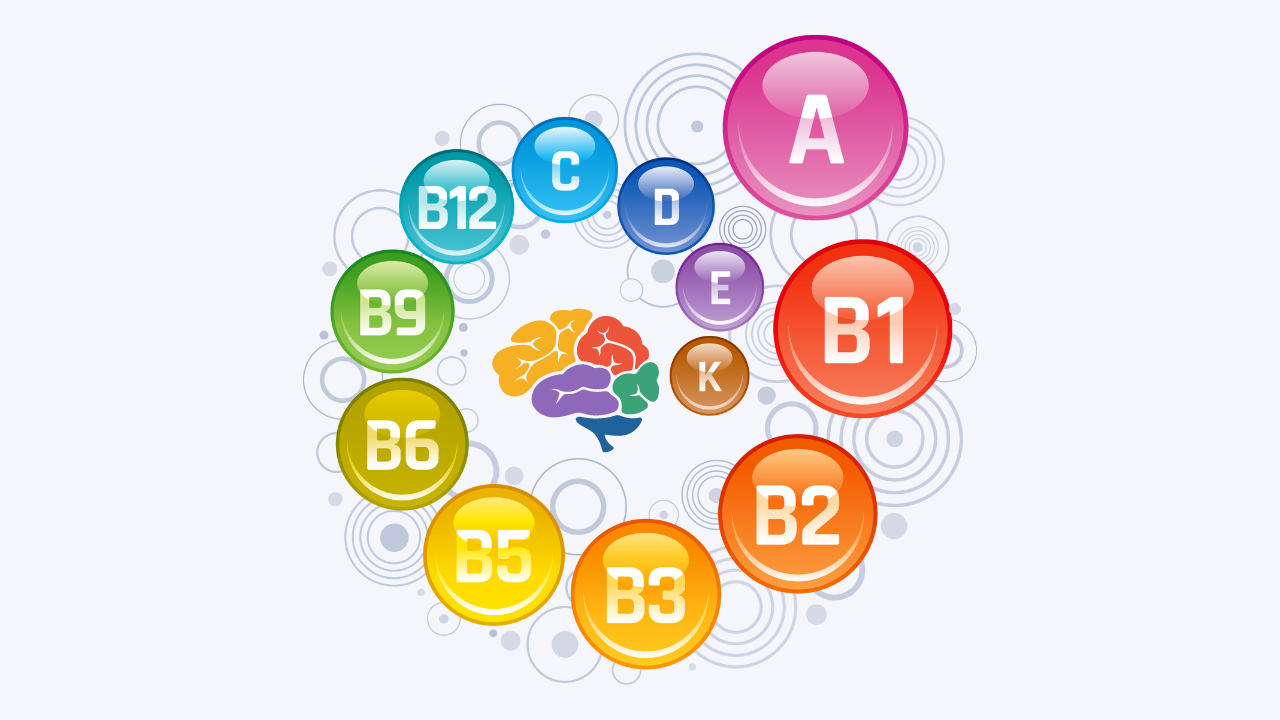
How Do Vitamins Affect Brain Health?
Vitamins play a vital role in supporting brain health by providing essential nutrients that are neuroprotective and help prevent cognitive decline.
- Adequate levels of Vitamin B12 can help prevent cognitive decline and support memory function.
- Vitamin D has been linked to reducing the risk of neurodegenerative diseases like Alzheimer's.
- Antioxidants, on the other hand, help combat oxidative stress and inflammation in the brain, both of which are key factors in cognitive decline.
- Including a variety of vitamins in one's diet can significantly benefit overall brain health and cognitive longevity.
Vitamin B12
Vitamin B12 is crucial for supporting brain functions, maintaining neurological health, and enhancing cognitive resilience. It plays a vital role in the production of neurotransmitters, which are essential for communication between brain cells. Adequate levels of Vitamin B12 can help prevent cognitive decline and support memory function. Vitamin B12 is involved in the synthesis of myelin, a protective sheath around nerves that facilitates efficient signal transmission. This nutrient also helps regulate homocysteine levels in the blood, reducing the risk of neurodegenerative conditions. Ensuring sufficient intake of Vitamin B12 is integral in optimizing brain health and cognitive performance.
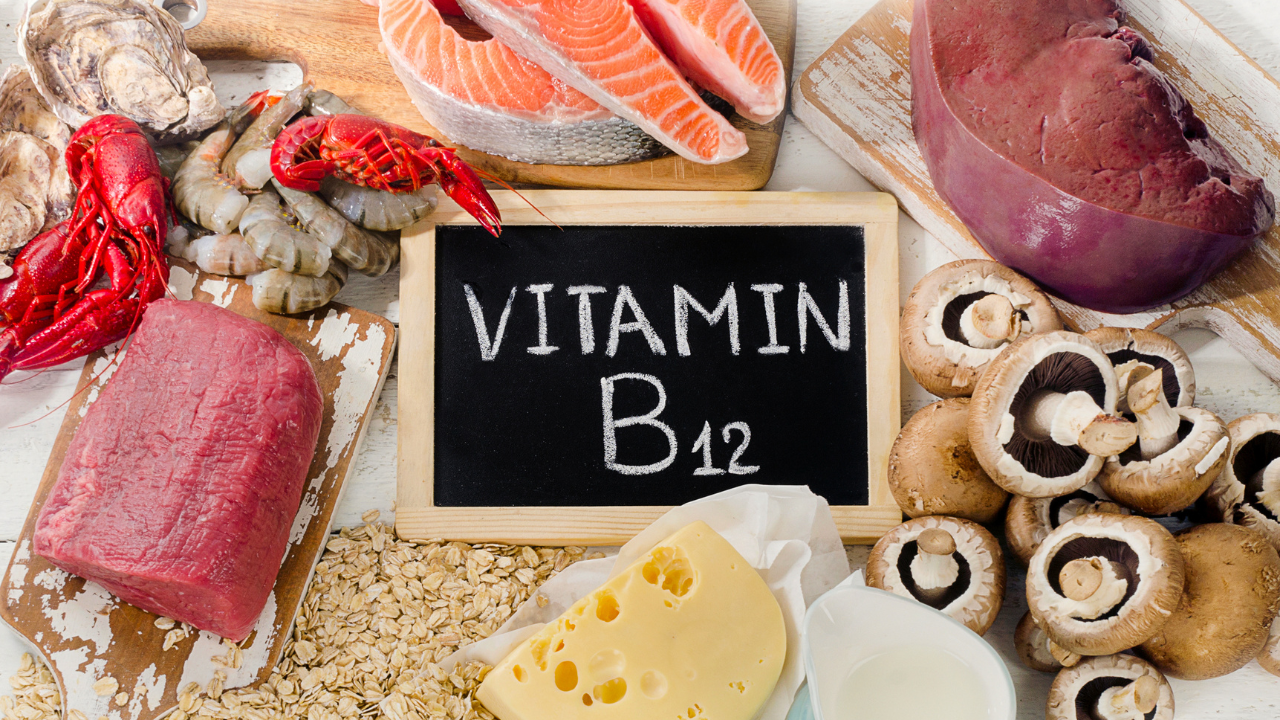
Vitamin D
Vitamin D is essential for brain power, maintaining nutritional balance, and enhancing mental focus. It plays a crucial role in supporting cognitive function and overall brain health. Vitamin D receptors are found throughout the brain, impacting processes associated with learning, memory, and mood regulation. By helping to regulate neurotransmitters like serotonin and dopamine, Vitamin D helps promote mental clarity and concentration. Research has shown that adequate levels of Vitamin D are linked to better cognitive performance and a reduced risk of neurodegenerative diseases. Therefore, ensuring sufficient intake of Vitamin D is vital for optimizing brain functions and supporting mental well-being.
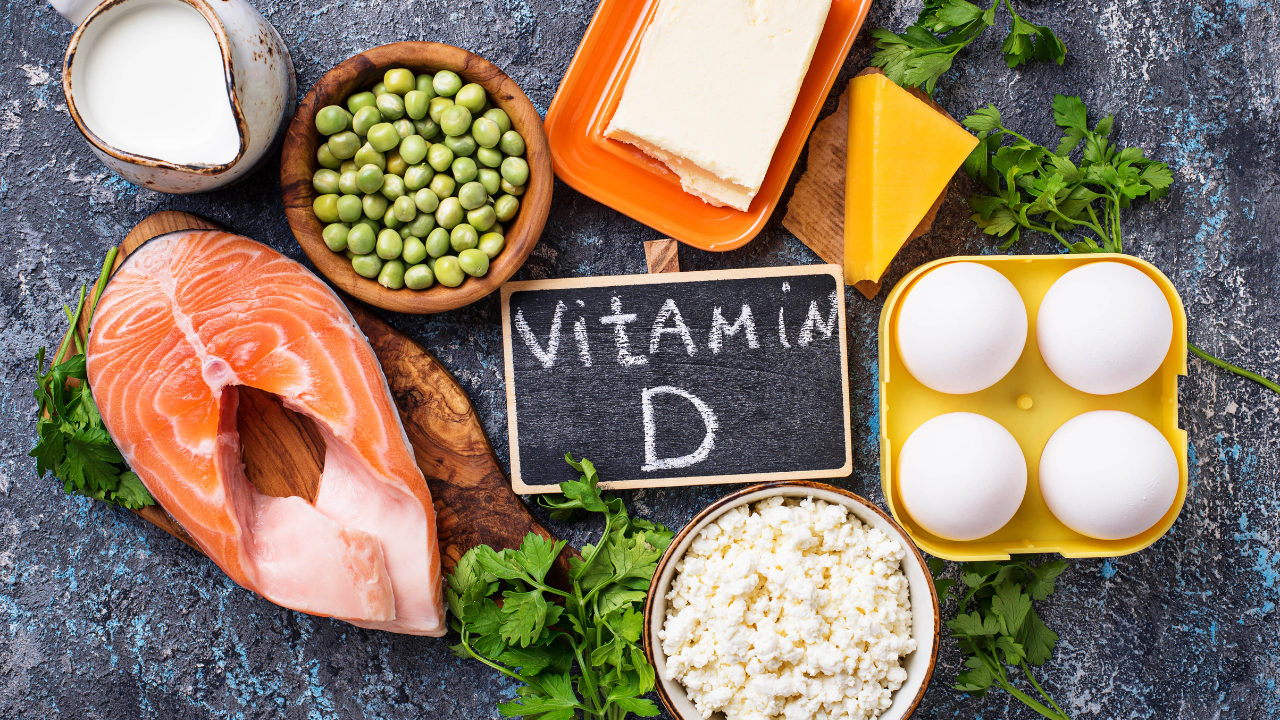
Vitamin E
Vitamin E plays a key role in protecting brain cells, promoting mental sharpness, and enhancing cognitive resilience. Research has shown that Vitamin E acts as a potent antioxidant, neutralizing free radicals that can damage brain cells and hinder cognitive function. By reducing oxidative stress in the brain, Vitamin E helps in preserving neural connections and supporting overall brain health. Vitamin E has been linked to improved memory retention and mental acuity, making it a crucial nutrient for maintaining cognitive sharpness. Ensuring an adequate intake of Vitamin E through a balanced diet or supplements can contribute significantly to long-term brain health and cognitive function.
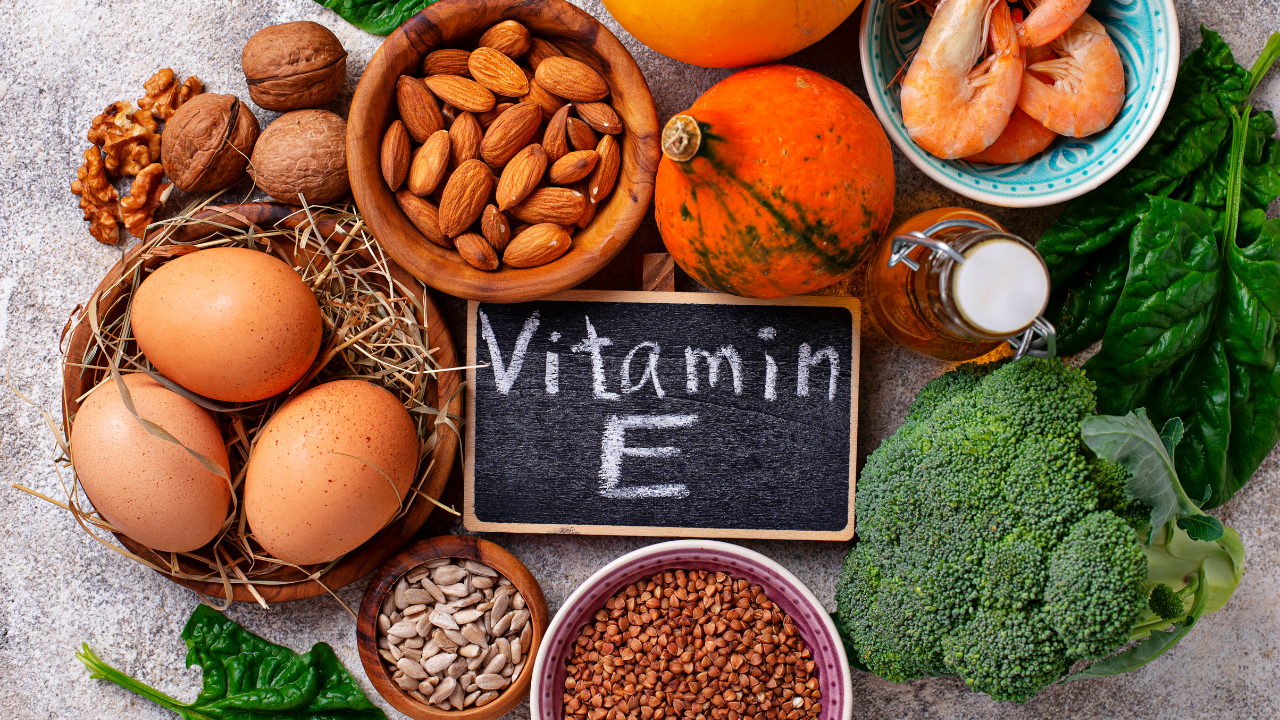
Folate
Folate is crucial for supporting brain development, enhancing cognitive abilities, and implementing preventive measures against cognitive decline. It plays a key role in the production of neurotransmitters that are essential for transmitting messages within the brain, influencing mood regulation and cognitive functions. Lack of folate has been linked to conditions like depression, Alzheimer's disease, and age-related cognitive decline. Incorporating folate-rich foods like leafy green vegetables, legumes, and citrus fruits into your diet can help promote overall brain health and cognitive function. Along with a balanced diet, regular physical exercise and mental stimulation are also beneficial for maintaining cognitive sharpness and promoting healthy brain aging.
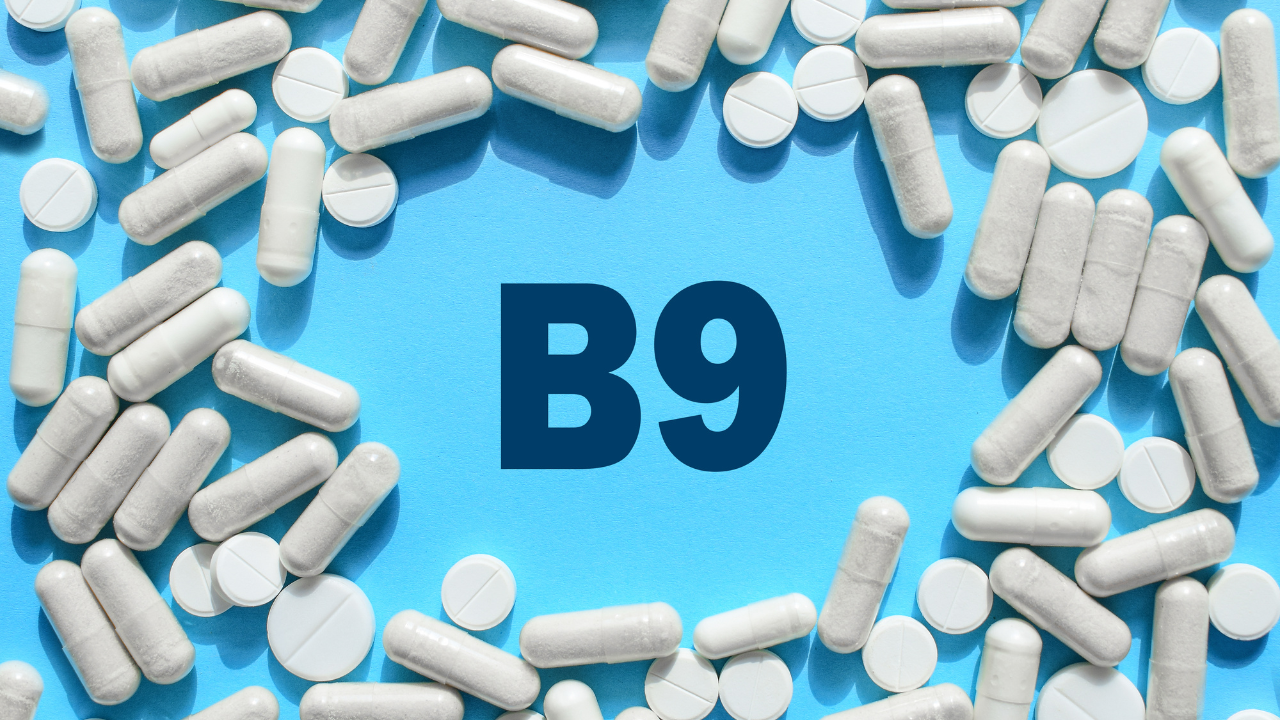
Vitamin C
Vitamin C contributes to improved focus, heightened alertness, and enhanced mental performance. It is well-documented that Vitamin C plays a crucial role in supporting cognitive functions by acting as an antioxidant that helps protect brain cells from damage caused by free radicals. By combating oxidative stress, Vitamin C aids in maintaining optimal brain health and promoting efficient neurotransmission which are essential for sharp focus and cognitive clarity. Vitamin C also supports the production of neurotransmitters like dopamine and norepinephrine, contributing to improved mood, concentration, and overall mental acuity.

What are the Sources of Brain-Boosting Vitamins?
Brain-boosting vitamins can be sourced from a variety of natural sources like vegetables and fruits, helping address nutritional deficiencies. These nutrient-dense foods are packed with essential vitamins and minerals that play a crucial role in supporting cognitive function and overall brain health. For example, leafy greens like spinach are rich in folate, a B-vitamin that is important for brain development and function. Fruits such as berries are loaded with antioxidants that help protect the brain from oxidative stress and inflammation, promoting mental clarity and focus. By incorporating a colorful variety of fruits and vegetables into your diet, you can nourish your brain and boost your cognitive abilities naturally.
Foods High in Vitamin B12
Foods rich in Vitamin B12 act as brain boosters, providing nutritional support for a healthy brain. They play a crucial role in maintaining cognitive function and supporting the nervous system. Incorporating foods like salmon, eggs, dairy products, and fortified cereals into your diet can help ensure optimal levels of Vitamin B12, promoting overall brain health. Vitamin B12 aids in the production of red blood cells, which carry oxygen to the brain, enhancing its functionality. By including these nutrient-dense foods regularly, you can support your cognitive performance and maintain mental clarity.
Foods High in Vitamin D
Incorporating foods rich in Vitamin D or herbal supplements can provide neuroprotective benefits and help alleviate brain fog. When the body lacks sufficient Vitamin D, it may lead to an increased risk of cognitive decline and neurological disorders. Studies have shown that Vitamin D plays a crucial role in protecting the brain cells from oxidative stress and inflammation, thereby promoting overall brain health. By ensuring adequate Vitamin D intake through dietary sources like fatty fish, fortified dairy products, and exposure to sunlight or through herbal supplements, individuals can sharpen their cognitive function, enhance memory retention, and reduce the prevalence of brain fog episodes.
Foods High in Vitamin E
Consuming foods abundant in Vitamin E supports brain chemistry, enhances mental resilience, and promotes mental wellness. Vitamin E, as an essential antioxidant, plays a crucial role in protecting brain cells from oxidative stress, which can contribute to cognitive decline. By including Vitamin E-rich foods like nuts, seeds, and leafy greens in your diet, you are providing the necessary nutrients for optimal brain function and mood regulation. Research suggests that Vitamin E may also help in reducing inflammation in the brain, further boosting cognitive abilities and overall mental well-being.
Foods High in Folate
Including foods high in Folate in your diet provides cognitive support, meets nutritional requirements, and aids in preventive measures for brain health. Folate, a B vitamin, plays a crucial role in cognitive function by supporting neurotransmitter synthesis and maintaining proper brain function. By incorporating folate-rich foods like leafy greens, citrus fruits, and legumes, you are not only ensuring that your brain receives the necessary nutrients for optimal performance, but you are also reducing the risk of cognitive decline as you age. Folate helps in the production of DNA and aids in cell division, promoting overall brain health and function. Including these foods in your regular diet can have long-lasting benefits for your cognitive well-being.
Foods High in Vitamin C
Choosing foods high in Vitamin C promotes holistic health, enhances mental acuity, and provides essential support for brain functions. Incorporating Vitamin C-rich foods into your daily diet can have a multitude of benefits beyond the physical realm. Research has shown that a diet rich in Vitamin C can also positively impact mental acuity by supporting cognitive function and memory retention. Vitamin C plays a crucial role in brain health by acting as an antioxidant that protects brain cells from damage caused by free radicals. This powerhouse nutrient not only aids in maintaining overall well-being but also contributes to sharper mental focus and improved brain function.
Can Vitamins Improve Brain Function?
Vitamins have the potential to enhance brain function, acting as natural nootropics and offering cognitive enhancement through herbal remedies. These essential nutrients play a vital role in supporting cognitive function by aiding in neurotransmitter synthesis, brain metabolism, and overall neuronal health. Vitamin B complex, for example, is known to boost mental clarity and focus, while Vitamin D has been associated with improved mood and cognition. Herbal remedies like ginkgo biloba and bacopa monnieri have been traditionally used to enhance memory, concentration, and overall brain health. By incorporating a combination of vitamins and herbal nootropics into your daily routine, you can potentially optimize your brain's performance and cognitive abilities.
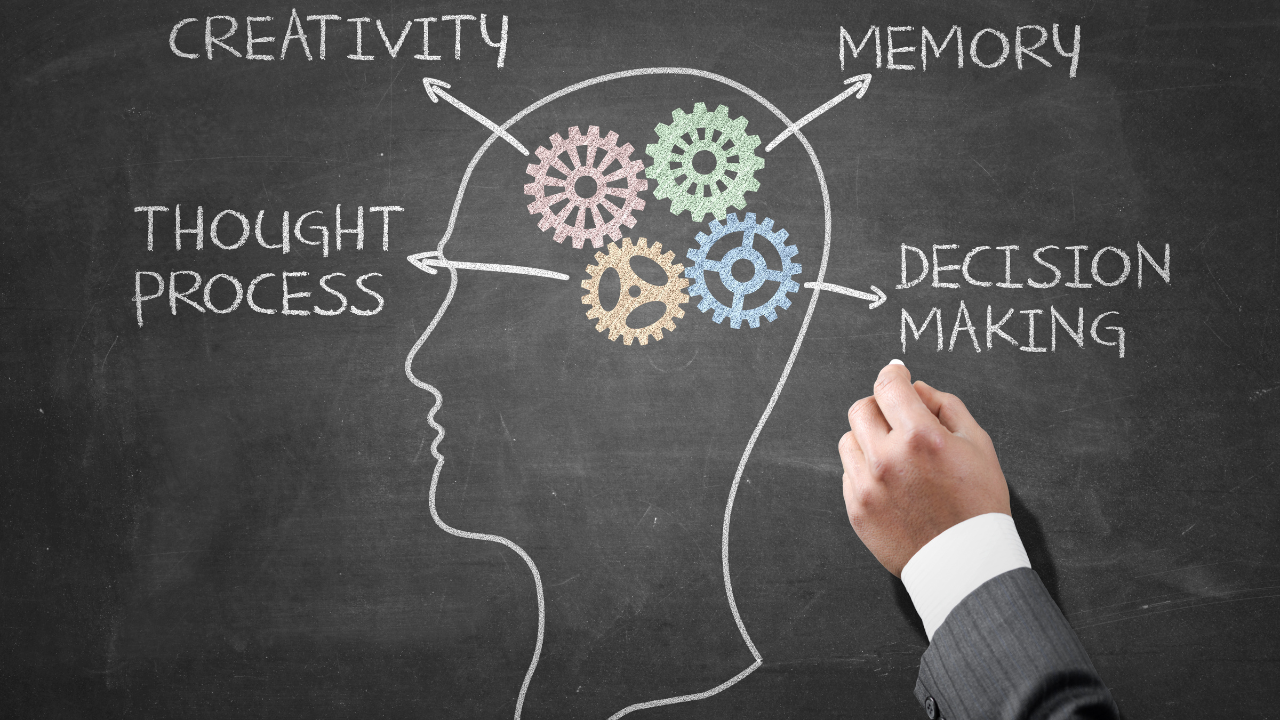
What are the Best Ways to Consume Vitamins for Brain Health?
Adopting a balanced diet, utilizing supplements, and consuming fortified foods are effective ways to ensure optimal nutrient absorption for brain health.
- A balanced diet rich in fruits, vegetables, whole grains, and lean proteins provides a wide array of essential vitamins and minerals that support brain function.
- By incorporating supplements like omega-3 fatty acids, vitamin B12, and magnesium, individuals can further enhance cognitive health and cognitive performance.
- Fortified foods, such as cereals, milk, and yogurt, offer an easy and convenient way to boost nutrient intake for improved brain support.
Through a Balanced Diet
Achieving brain vitality and enhancing memory retention can be accomplished through a balanced diet rich in essential nutrients.
- Foods like fatty fish, which are abundant in omega-3 fatty acids, play a crucial role in maintaining optimal brain health.
- Dark leafy greens, such as spinach and kale, are packed with antioxidants that help protect the brain from oxidative stress.
- Incorporating whole grains like oats and quinoa can provide a sustained energy source for the brain, aiding in focus and concentration.
- Nuts and seeds are excellent sources of vitamin E, which is essential for cognitive function.
Through Supplements
Supplements can contribute to healthy aging, enhanced memory, and optimized brain nutrition when incorporated as part of a well-rounded lifestyle. These supplements are designed to provide essential nutrients that may be lacking from one's diet, such as omega-3 fatty acids, antioxidants, vitamins, and minerals. By filling these nutritional gaps, supplements can help support cognitive functions, improve memory retention, and boost overall brain health. Certain ingredients in supplements have been shown to have neuroprotective properties, helping to protect the brain from oxidative stress and inflammation. This makes them valuable additions to a holistic approach to maintaining brain function and vitality as we age.
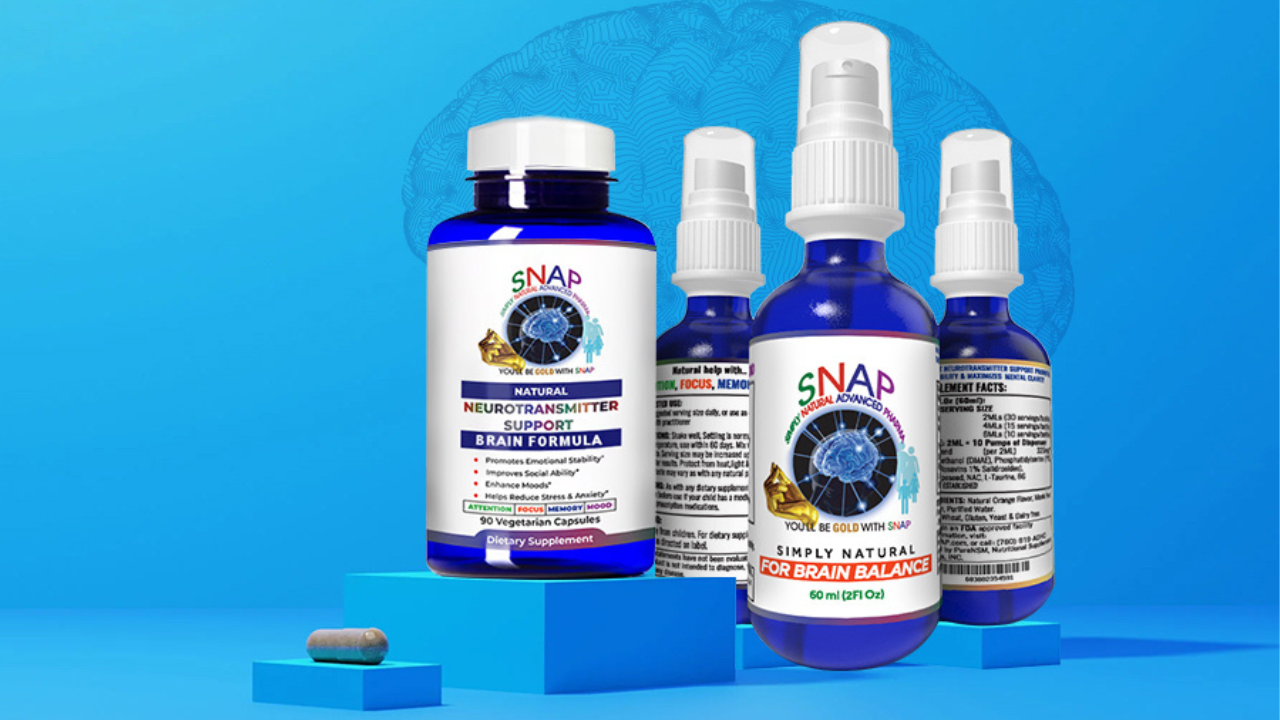
Through Fortified Foods
Consuming fortified foods can improve cognitive functioning, enhance mental strength, and provide essential nutrients from nutrient-rich sources. Fortified foods are designed to offer a concentrated source of essential vitamins and minerals critical for maintaining brain health and resilience. By incorporating nutrient-rich ingredients into your diet, you are supporting your overall cognitive abilities and contributing to a sharper mind. These foods not only help in boosting memory and focus but also aid in combating cognitive decline as you age. Fortified foods make it easier to ensure you are receiving the necessary nutrients, especially for individuals with busy lifestyles or dietary restrictions.
Conclusion
In summary, our remarkable and complex brains require precise nutritional inputs including vitamins, omega 3s and antioxidants to develop fully and operate at peak capacity across our lifespands. Deficiencies in key micronutrients underlie many suboptimal developmental outcomes and cognitive disorders spanning from ADHD to mood disorders to dementia. We can and must do better by our brains! Safeguard your irreplaceable brain by emphasizing regular, varied and plentiful whole food sources of brain-essential vitamins, notably the B family vitamins, Vitamin C, Vitamin D and Vitamin E. Additionally, stay physically and cognitively active daily to increase blood flow while training your mental skills. Manage stress levels properly and prioritize regular sleep. Avoid toxin exposure including smoking. Protect your precious brain for vivid memory, razor sharp intellect and fast reactions now and for decades to come!
Take Charge of
Your Brain Health Today!
Shop Now!
Similar Articles:
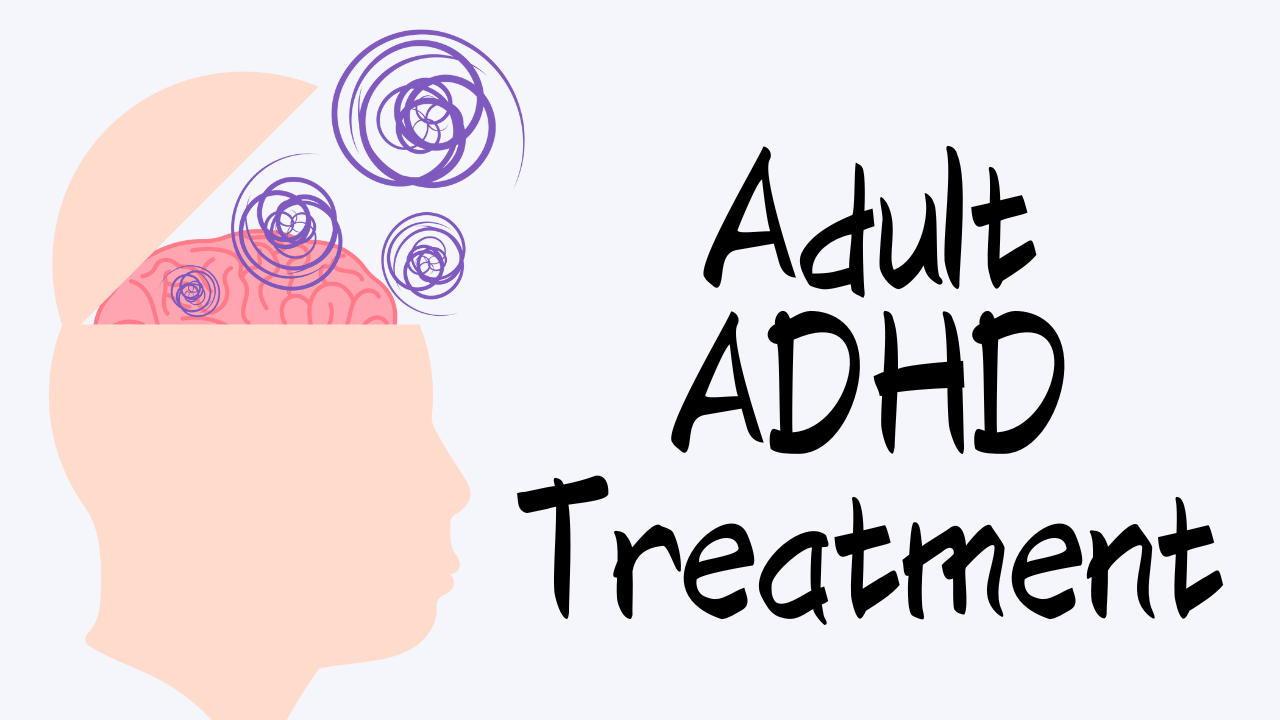
Adult ADHD Treatment - Managing ADHD in Adults
Attention deficit hyperactivity disorder (ADHD) is often perceived as just affecting..
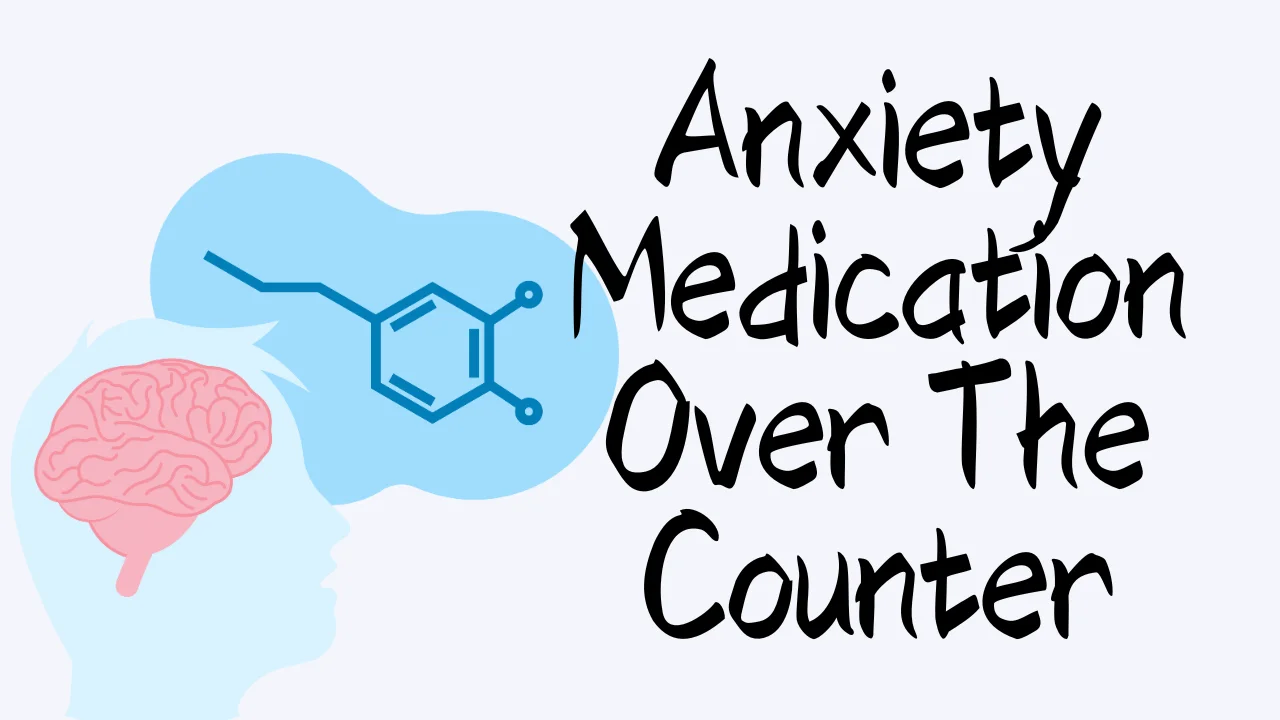
Anxiety Medication Over The Counter
Anxiety disorders are among the most common mental health conditions worldwide, affecting millions...
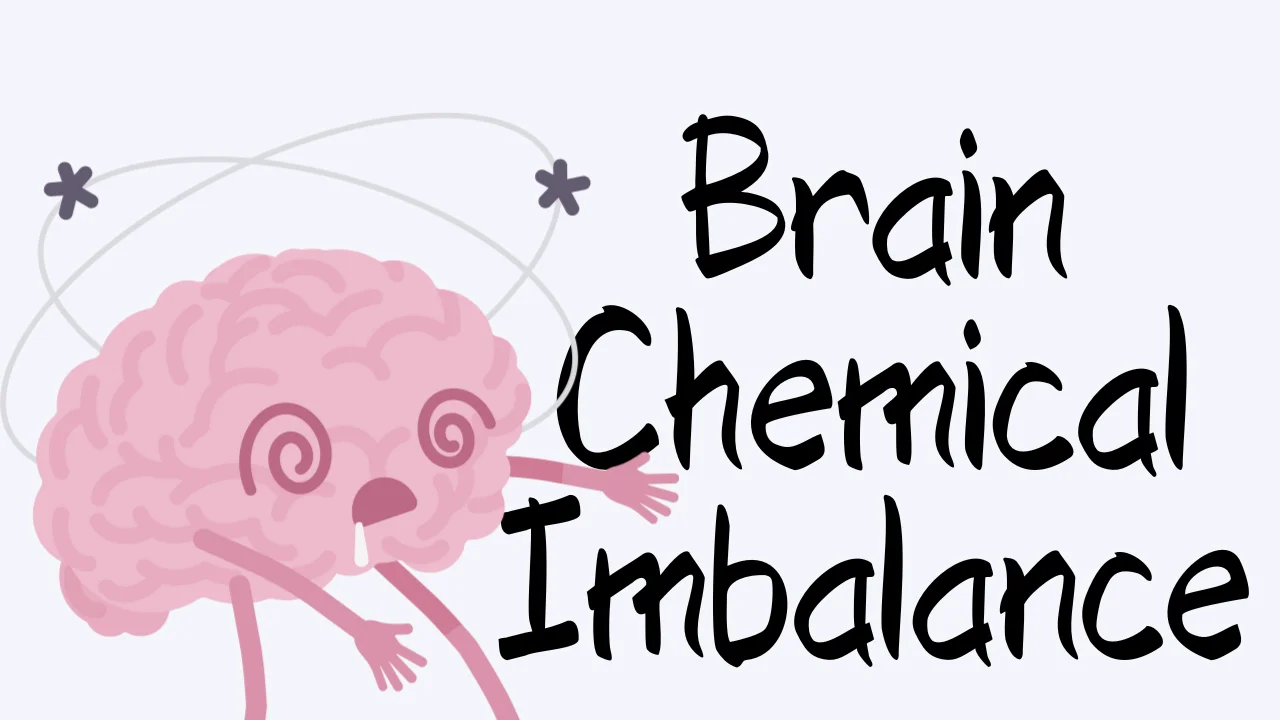
Brain Chemical Imbalance
In the ever-evolving landscape of health and wellness, the importance of maintaining a well-nourished...